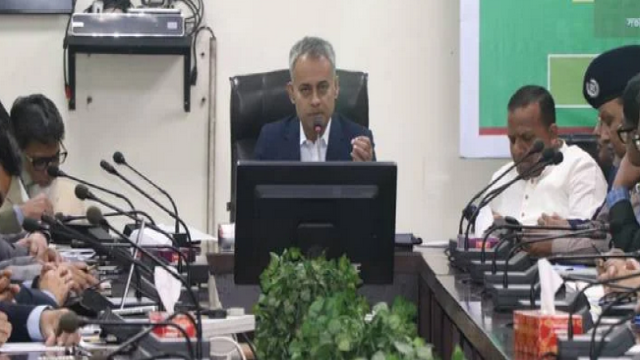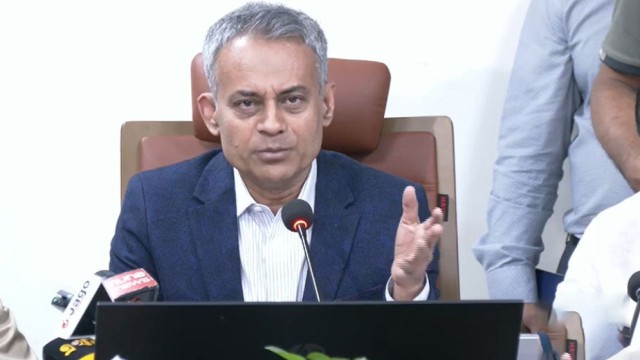In his new book titled "Barons," native Iowan and Yale University food policy fellow Austin Frerick presents a compelling argument that Iowa's food system could emulate Italy's vibrant culinary landscape if the monopoly grip on American agriculture is loosened. Published on Tuesday, the book delves into the consolidation of American agriculture since the 1970s, highlighting the rise of seven influential families that have come to dominate various sectors of the food industry.
Frerick sheds light on how these families, such as the Waltons, the Cargill-MacMillans, and the McCloskeys, have reshaped the American food system, leading to a significant decline in consumer choice and the disappearance of small farms. He emphasizes how this consolidation has not only affected strip malls but has also transformed American landscapes, particularly in states like Iowa.
Instead of the picturesque scenes of small farms and orchards that once defined Iowa's countryside, vast hog barns now dominate the landscape, accompanied by extensive corn and soy fields intended for biofuels. Frerick argues that this transformation has resulted in food that is more expensive and less nourishing, as American agriculture has prioritized features for long-distance transport over taste and nutrition.
Drawing parallels with Italy, Frerick envisions a revitalized food landscape for Iowa, leveraging the state's rich farmland potential. However, this would require challenging the entrenched monopoly power in the agricultural sector and implementing reforms to support smaller, diversified farms.
Frerick calls for federal intervention, suggesting the transfer of antitrust authority from the USDA to the Federal Trade Commission and the overhaul of programs like crop insurance. He also advocates for a shift towards supporting local farms and businesses to promote a more sustainable and healthy food system.
While individuals can contribute by advocating for local procurement policies and supporting businesses aligned with their values, Frerick emphasizes the need for systemic change to address the root causes of the problem. Ultimately, his goal is to improve food quality and accessibility for all, regardless of income level or geographic location.






























Comment: